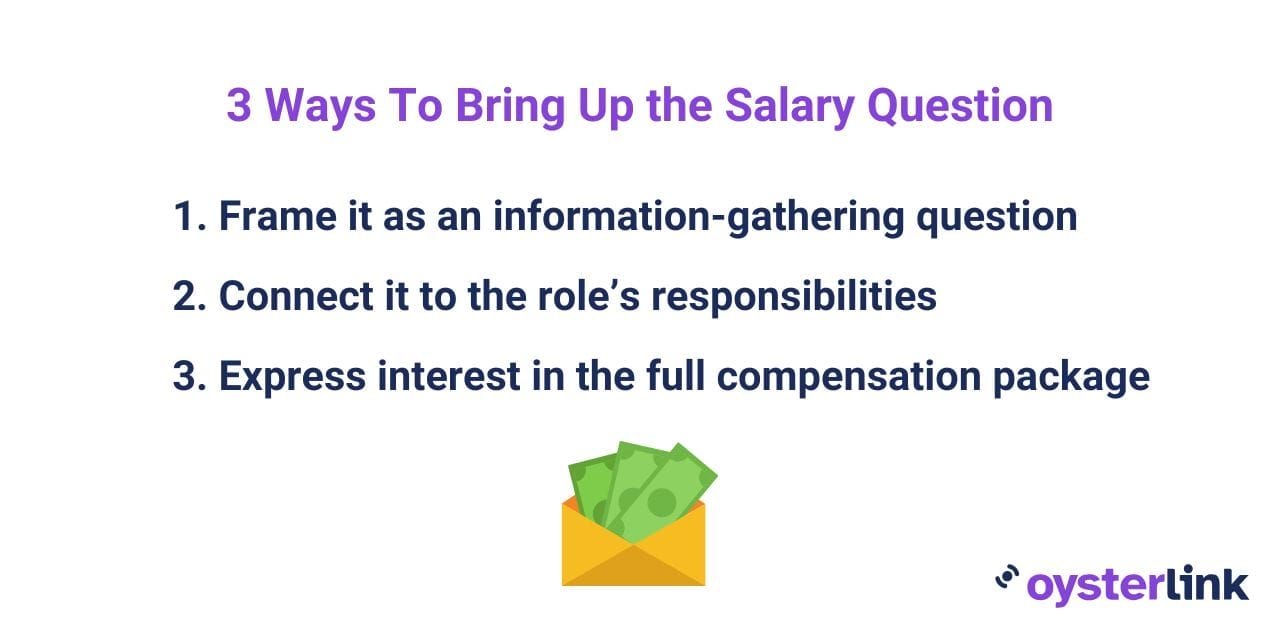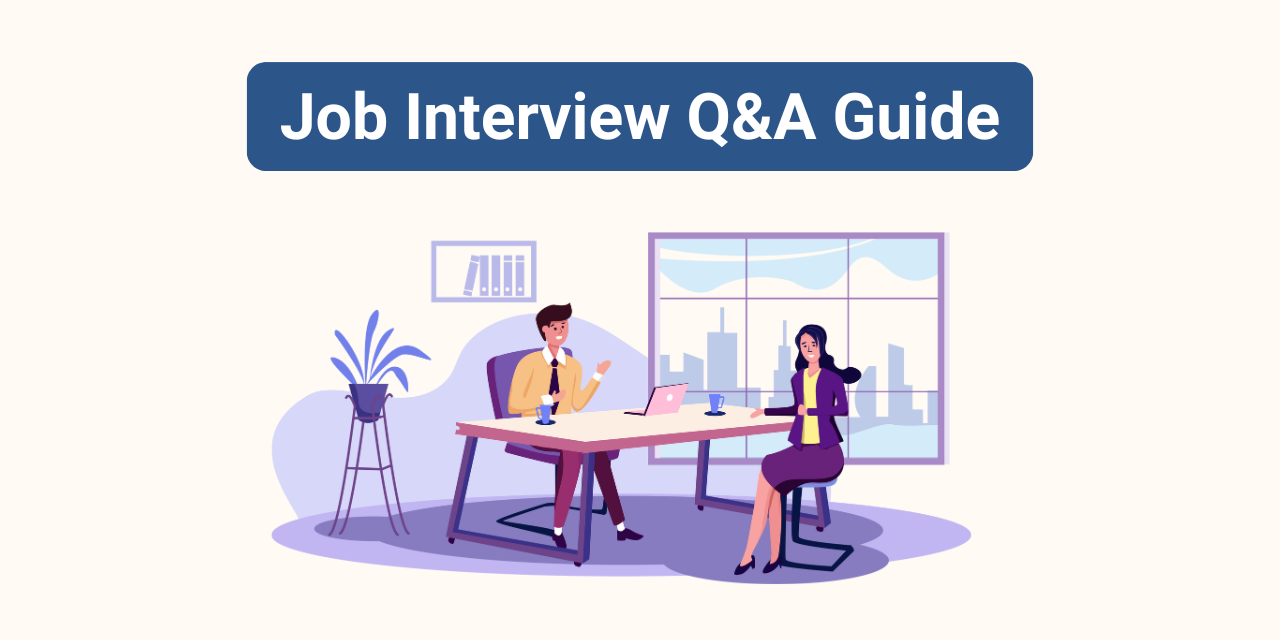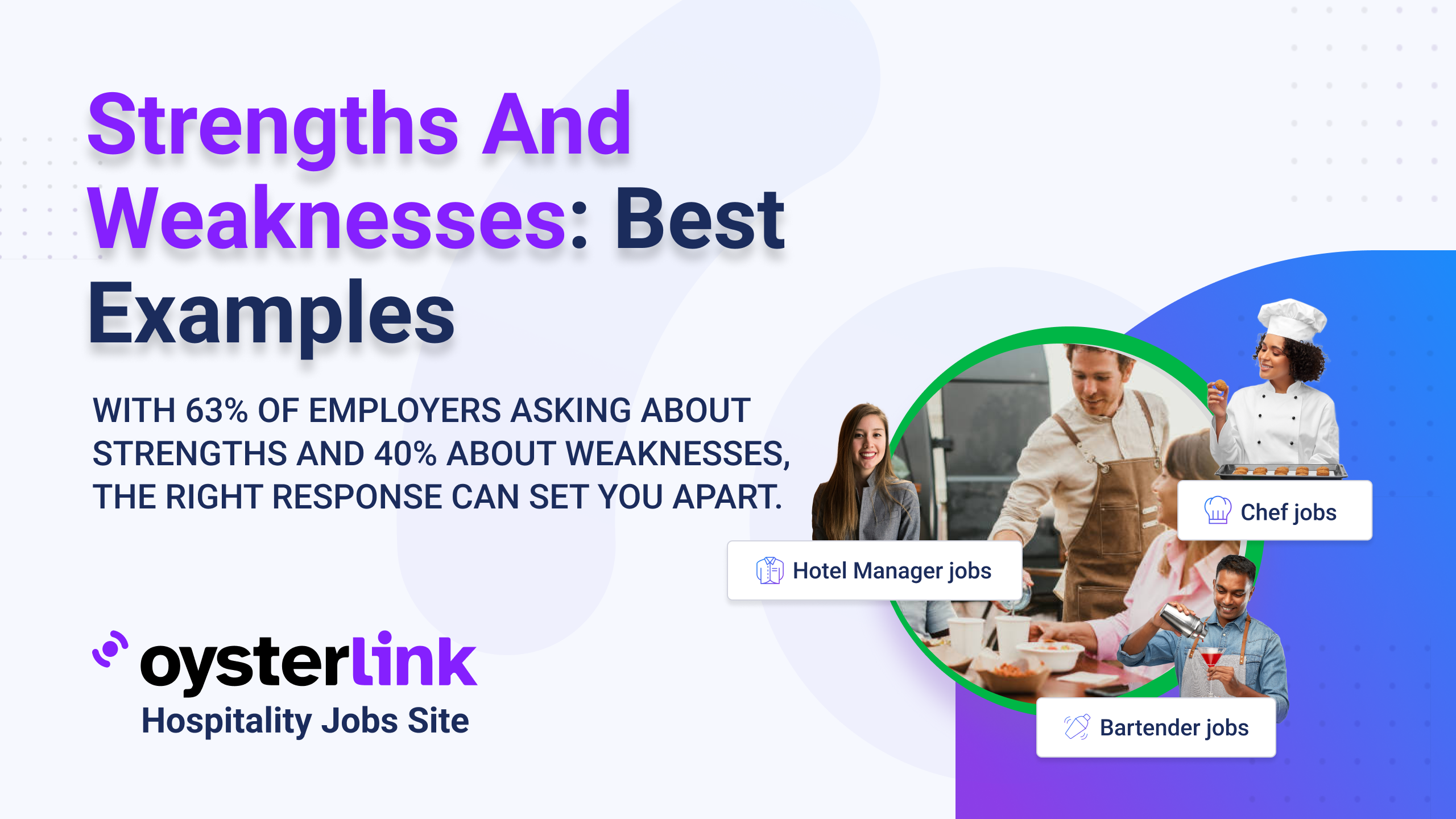Bringing up the salary question in the initial interview can be tricky. Still, it's important to address this early in the hiring process to avoid wasting time on progressing further if the salary doesn't align with your expectations.
So, let’s dive into how to ask about salary in an interview and what common scenarios you might encounter.
How To Ask About Salary in an Interview: 3 Effective Approaches
Most candidates would prefer to know the salary upfront — even before entering the interview process. In fact, 61% of applicants consider salary range to be the most important element of a job description.
However, many employers choose to wait until they’ve assessed a candidate’s fit for the role before sharing salary details.
That said, it's important to bring up the topic of salary at the right time and in the right way, without appearing overly focused on money.
To help with this, here are three strategies for addressing the salary question respectfully and professionally.
1. Frame It as an Information-Gathering Question
Rather than directly asking, “How much does this job pay?” try approaching the topic in a way that seeks general information about the company’s range for the role.
For example, you could say:
“Could you share some insight into the company’s salary range for this role?”
This phrasing shows that you’re respectfully interested in learning about their compensation practices, without focusing solely on a specific figure.
2. Connect It to the Role’s Responsibilities
Another approach is to bring up compensation in relation to the role’s tasks. In this case, you might want to say:
“Based on the responsibilities we’ve discussed, could you give me an idea of the compensation range for this position?”
Here, you’re tying salary to what you’ll be expected to handle, which shows you’re focused on the work.
3. Express Interest in the Full Compensation Package
An additional way to subtly bring up salary is by asking about the full compensation package, including both salary and benefits. You could say:
“Could you tell me more about the overall compensation package, including salary and any additional benefits?”
This approach shows that you’re interested in the entire offer — not just the salary. It also reflects your genuine interest in what the role itself has to offer.

How To Research Salary Expectations Before the Interview
Being informed about industry standards is crucial before entering a salary discussion. Here's how to gather relevant data:
- Network within the industry: Reach out to peers and mentors to get a realistic understanding of current salary trends.
- Analyze job listings: Many companies include salary ranges in job postings. Use these to gauge appropriate compensation levels.
- Consider company size and location: Salaries can vary based on company size, industry and geographic location. A tech startup in San Francisco may offer a different range than a mid-sized firm in Austin.
When To Ask About Salary in an Interview
When it comes to discussing salary, timing is everything. Asking about compensation right away — meaning at the very beginning of the interview — can make it seem like your interest in the role is strictly financial. This can potentially turn off the interviewer and hurt your chances of moving forward with the hiring process.
That said, it’s best to wait until both you and the interviewer are invested in the conversation.
When the time feels right to bring it up — usually when the interviewer starts discussing next steps or shows interest in your fit for the position — approach the question in a way that shows you’re aiming for a fit that works well for both of you. Express your enthusiasm for the role and present the salary discussion as part of understanding the overall opportunity.
Common Mistakes To Avoid When Discussing Salary
Navigating salary discussions requires tact and awareness. Here are common pitfalls to avoid:
- Bringing up salary too early: Introducing compensation prematurely can give the impression that you're more interested in the pay than the role itself. It's advisable to wait until the employer initiates the topic or until a job offer is imminent.
- Accepting the first offer without negotiation: Many candidates feel uncomfortable negotiating, but it's expected. Failing to negotiate can result in leaving potential earnings on the table.
- Focusing solely on salary: While salary is important, other aspects like benefits, work-life balance and career growth opportunities also contribute to job satisfaction. Consider the entire compensation package.
Salary Question Examples Based on Different Scenarios
Since every interview is unique, here are some effective ways to approach salary questions based on different scenarios:
Scenario 1: The interviewer brings up salary expectations
During the interview, the interviewer asks you directly about your salary expectations. This is a great opportunity to discuss compensation openly. You can confidently respond by giving a salary range based on your experience and research, like:
“Based on my experience and industry standards, I believe a fair range for this role would be between [$X] and [$Y]. How does that align with the company’s budget for this position?”
This approach shows that you’ve done your homework. Also, it gives the interviewer a sense of your expectations while keeping the conversation respectful and focused on finding a mutual fit.
Scenario 2: You’re asked to discuss what you’re looking for in terms of career growth
Midway through the interview, the hiring manager asks about your career goals. Although the question isn’t directly about your salary expectation, you can still use their question as an opportunity to bring up the topic of salary.
Start your answer by outlining your ambitions (e.g. “I’m looking to grow into a leadership role where I can train and mentor restaurant staff while improving operational efficiency.”). Then add:
“And to ensure the role aligns with my growth, I’d like to understand the salary range for this position.”
This subtle transition links your goals to compensation, showing that you’re thinking about the position’s long-term fit, including its financial viability.
Scenario 3: The interviewer asks about your current salary
After sharing details about your current role, the interviewer asks about your current salary. While this question can feel intrusive, it’s a great opportunity to subtly shift the focus to your expectations for the new role. You can respond by sharing your current salary or offer a broader range:
“My current salary is [$X], but I’m more focused on finding a position that aligns with my experience and goals. Based on my research and the responsibilities of this role, I’m looking for a salary in the range of [$X to $Y].”
This response allows you to address the question while steering the conversation towards the value of the new opportunity, rather than dwelling on your past pay. It’s a subtle but effective way to guide the salary discussion in your favor.
When offering a salary range, it's okay if the lower end is close to your current salary. However, the higher end should ideally reflect your true market value — potentially above your current pay. It’s important to highlight that you’re aiming for fair compensation based on the role’s responsibilities, not just matching your previous salary.
In some states, asking about salary history is prohibited by law. These include Alabama, California, Colorado, Connecticut, Delaware, Georgia, Hawaii, Illinois, Kentucky, Louisiana, Maine, Maryland, Massachusetts, Michigan, Mississippi, Missouri, Nevada, New Jersey, New York, North Carolina, Oregon, Pennsylvania, Rhode Island, South Carolina, Utah, Vermont, Virginia and Washington plus the District of Columbia.
Scenario 4: Salary hasn’t been mentioned and the interview is wrapping up
If it’s the end of the interview and salary hasn’t been brought up, it’s reasonable to ask. A great way to phrase it is:
“Before we conclude, could we briefly discuss the compensation structure for this position to ensure we’re aligned?”
By placing this question at the end of the conversation, you’re showing that your focus is on the role. At the same time, you're clarifying a crucial detail before moving forward.
Scenario 5: The interviewer avoids the salary discussion
After trying to bring up the salary, the interviewer deflects or avoids the conversation. This can be frustrating, but it’s important to remain calm and redirect the discussion. You could say something like:
“I understand if salary details are still being finalized. Could you provide a general idea of the company’s compensation structure or benefits package?”
This approach demonstrates flexibility, while still giving you a chance to gather valuable information about the overall compensation, including benefits.
What To Do If the Interviewer Reacts Negatively When You Ask About Salary
Sometimes, even when you ask about salary toward the end of the interview process, the interviewer may react negatively or seem uncomfortable. While this can be awkward, remember that you have every right to ask about compensation before making any decisions about the job. You can respond by saying something like:
“I understand if salary details are not the main focus right now. However, I’d like to know if we’re aligned on compensation expectations. This will help me assess if the role is a good fit for both of us.”
This response highlights your practicality and shows that you’re simply trying to ensure that your financial needs and the company’s budget are aligned. It also helps avoid any wasted time on a role that may not meet your expectations.
Legal Considerations in Salary Discussions
It's important to be aware of legal aspects when discussing salary:
- Salary history bans: Some regions prohibit employers from asking about your previous salary. Research local laws to understand your rights.
- Pay transparency laws: Certain areas require employers to disclose salary ranges in job postings. Familiarize yourself with these regulations to better navigate compensation discussions.
How To Ask About Salary in an Email After the Interview
What if you felt uncomfortable to ask about salary during the interview or you simply forgot to do so? Don’t worry — it’s not too late to bring it up afterward.
A follow-up email is an effective and respectful way to inquire about compensation details.
Remember, discussing salary is a crucial part of evaluating whether the job is a good fit for you, and it’s not a bad thing to ask. Here’s a professional way to phrase your email:
Subject: Follow-Up on [Position Name] Interview
Hello [Interviewer’s Name],
Thank you again for the opportunity to interview for the [position name] role. I enjoyed our conversation and am excited about the possibility of joining your team.
I wanted to follow up on one point we didn’t have a chance to discuss: the compensation for this position. Could you please provide more details on the salary range or the overall compensation package?
I appreciate your time and look forward to hearing from you.
Best regards,
[Your Name]
How To Respond If the Salary Range Falls Below Your Expectations
If the interviewer shares a salary range that feels lower than your expectations, don’t panic. At this stage, it’s important to gather more context and assess whether there’s potential for salary negotiation if you receive an offer.
Here are two example responses you can use:
Example 1:
“Thank you for sharing that. Based on my research and the responsibilities of the role, I was expecting something in the range of [$X to $Y]. Is there flexibility in that range?”
This response acknowledges the salary range shared by the interviewer but politely presents your own expectations based on your research and the job responsibilities.
Example 2:
“Thank you for sharing the salary range. Just to clarify, is this based on experience level, or is there flexibility depending on qualifications or performance during an initial trial period? I want to make sure I have a full picture of how compensation is structured for this role.”
This response is a bit more detailed and focuses on understanding the rationale behind the lower salary range.
See also: 22 Benefits To Negotiate Other Than Salary
Final Thoughts
Asking about salary in an interview doesn’t have to feel awkward — it’s all about timing and approach. By tying the question to the role’s responsibilities or the full compensation package, you can get the details you need without seeming overly focused on money.
OysterLink offers resources to guide you through every stage of your job search, from interview tips to U.S. salary guides for different hospitality roles. Explore more of OysterLink’s career advice to help you make confident choices and grow in any role.





.jpg)

